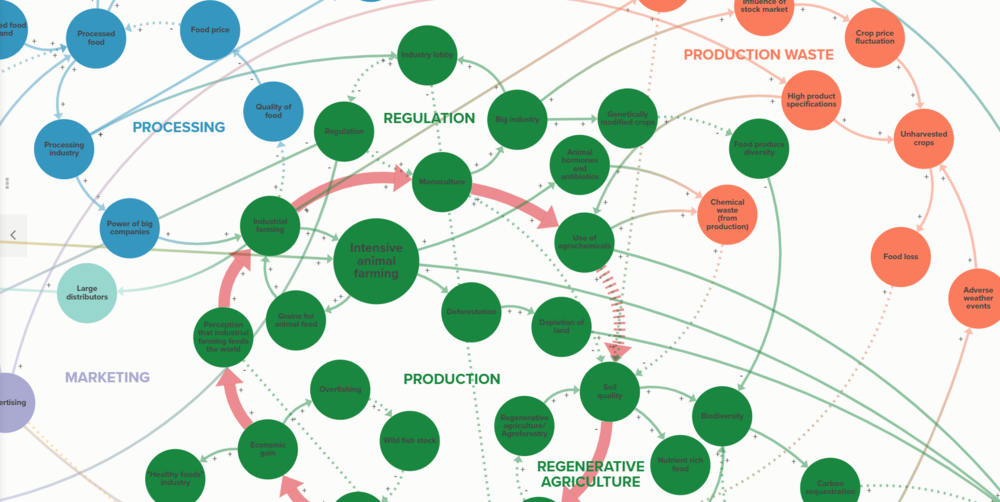On July 1st this year, CREDA and Reimagined Futuresorganised a workshop with Catalan stakeholders, aimed at identifying factors that could help address the challenge of macro-plastic pollution and recovery in the Mediterranean Sea.
Later, on September 29th, stakeholders from all around the Mediterranean gathered and improved on this work in an online workshop, and contributed to a common understanding of these factors.
We carried out this task using an innovative and co-creative systems-mapping methodology. This methodology helps describe how relationships between different factors relate to complex problems like sustainable development challenges. Some factors may help address challenges, while others may block potential solutions. Additionally, the relationships between these factors were explored, in order to flesh out vicious and virtuous circles. Despite the seeming complexity of the maps with multi-faceted and causal relationships displayed, however, these are designed to be simple enough to grasp and study.
Based on this methodology, in the first stage of the workshop, more than 40 participants from all over the Mediterranean improved the design of the systems map, first evaluated in the July 1s t workshop, identifying previously unexplored relationships between some factors, or suggesting the reframing of others.
Working in groups composed of 7 to 10 participants, we analysed the relevance of developments in areas such as the impact of public policy, research and technology, societal values and lifestyle preferences, business responsibility, and waste management systems. Participants gained a deeper, shared understanding of the challenge.
This knowledge proved crucial in the second stage of the workshop, where participants identified parts of the map as leverage points - where there is potential for change towards sustainable transformations, as well as areas where these changes are currently taking place. Participants also identified points that where no change is happening because of stubborn dynamics preventing sustainable transitions. These are points where efforts towards addressing the challenge are unlikely to succeed.
A committed coordination team ensured that the methodology stimulated an active discussion among participants. Importantly, diversity in professional background and national context, rather than an obstacle, proved to be an asset and was welcomed. Based on their preferences, participants were placed in one or another working group; this allocation helped participants tap into their professional background during the meeting. As for the latter, different national perspectives helped highlight how things are done differently in some areas of the Mediterranean, despite being relevant to the entire basin.
Based on the leverage points identified in the meeting, a final online workshop will be organised on November 3rd, with the aim of co-creating proposals for innovation actions. The same stakeholders are expected to participate in the upcoming event and we hope that they will continue with the development and implementation of the innovative actions they propose, after the final workshop. Furthermore, the Blue Bioeconomy Innovation alliance launched by Blue Bio Med is intended to support the growth and maturation of these initiatives in the mid and long term.
For further information, please contact David Fernandez Gurrero from CREDA at david.fernandez.guerrero@upc.edu and lourdes.reig@upc.edu.
Image footnote: Screen capture from
the workshop held in September 29th (Reimagined Futures)


